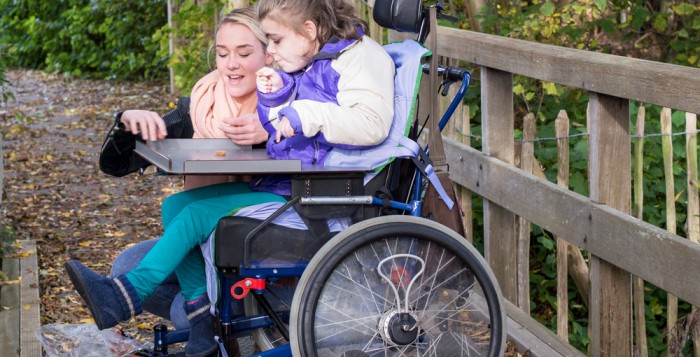Message from Centers for Medicare and Medicaid Services (CMS):
New action will protect patients of the 50,000 providers and over 17 million health care workers in Medicare and Medicaid certified facilities
The Biden-Harris Administration will require COVID-19 vaccination of staff within all Medicare and Medicaid-certified facilities to protect both them and patients from the virus and its more contagious Delta variant. Facilities across the country should make efforts now to get health care staff vaccinated to make sure they are in compliance when the rule takes effect.
The Centers for Medicare & Medicaid Services (CMS), in collaboration with the Centers for Disease Control and Prevention (CDC), announced that emergency regulations requiring vaccinations for nursing home workers will be expanded to include hospitals, dialysis facilities, ambulatory surgical settings, and home health agencies, among others, as a condition for participating in the Medicare and Medicaid programs. The decision was based on the continued and growing spread of the virus in health care settings, especially in parts of the U.S. with higher incidence of COVID-19.
“There is no higher priority for us than patient health and safety. As the Delta variant strengthens, the Biden-Harris Administration is committed to doing everything we can to keep patients, and those who care for them, safe,” said U.S. Department of Health and Human Services (HHS) Secretary Xavier Becerra. “There is no question that staff, across any health care setting, who remain unvaccinated pose both direct and indirect threats to patient safety and population health. Ensuring safety and access to all patients, regardless of their entry point into the health care system, is essential.”
Nursing homes with an overall staff vaccination rate of 75% or lower experience higher rates of preventable COVID infection. In CMS’s review of available data, the agency is seeing lower staff vaccination rates among hospital and End Stage Renal Disease (ESRD) facilities. To combat this issue, CMS is using its authority to establish vaccine requirements for all providers and suppliers that participate in the Medicare and Medicaid programs. Vaccinations have proven to reduce the risk of severe illness and death from COVID-19 and are effective against the Delta variant. CMS will continue to work closely with all Medicare and Medicaid certified facilities to ensure these new requirements are met.
“We know that those working in health care want to do what is best for their patients in order to keep them safe,” said CMS Administrator Chiquita Brooks-LaSure. “As the Delta variant continues to spread, we know the best defense against it lies with the COVID-19 vaccine. Data show that the higher the level of vaccination rates among providers and staff, the lower the infection rate is among patients who are dependent upon them for care. Now is the time to act. I’m urging everyone, but especially those fighting this virus on the front lines, to get vaccinated and protect themselves, their families, and their patients from COVID-19.”
CMS is developing an Interim Final Rule with Comment Period that will be issued in October. CMS expects certified Medicare and Medicaid facilities to act in the best interest of patients and staff by complying with new COVID-19 vaccination requirements. Health care workers employed in these facilities who are not currently vaccinated are urged to begin the process immediately. Facilities are urged to use all available resources to support employee vaccinations, including employee education and clinics, as they work to meet new federal requirements.
Please note that RCPA is working diligently with the Department of Health, Department of Human Services, and the Governor’s Office in order to obtain clarification of the above information. In this way, we will be able to fully understand the impact of this expansion. If you have any questions, please contact your RCPA Policy Director.
















